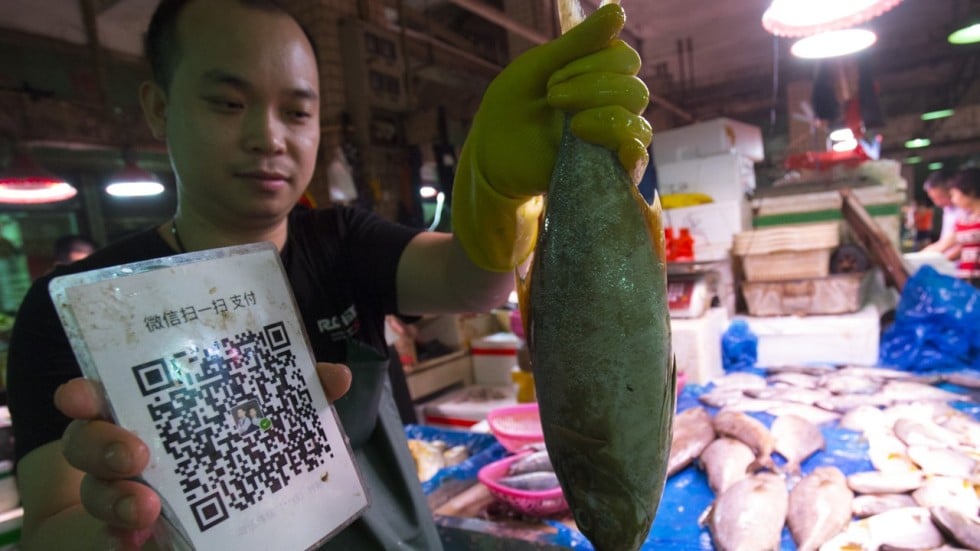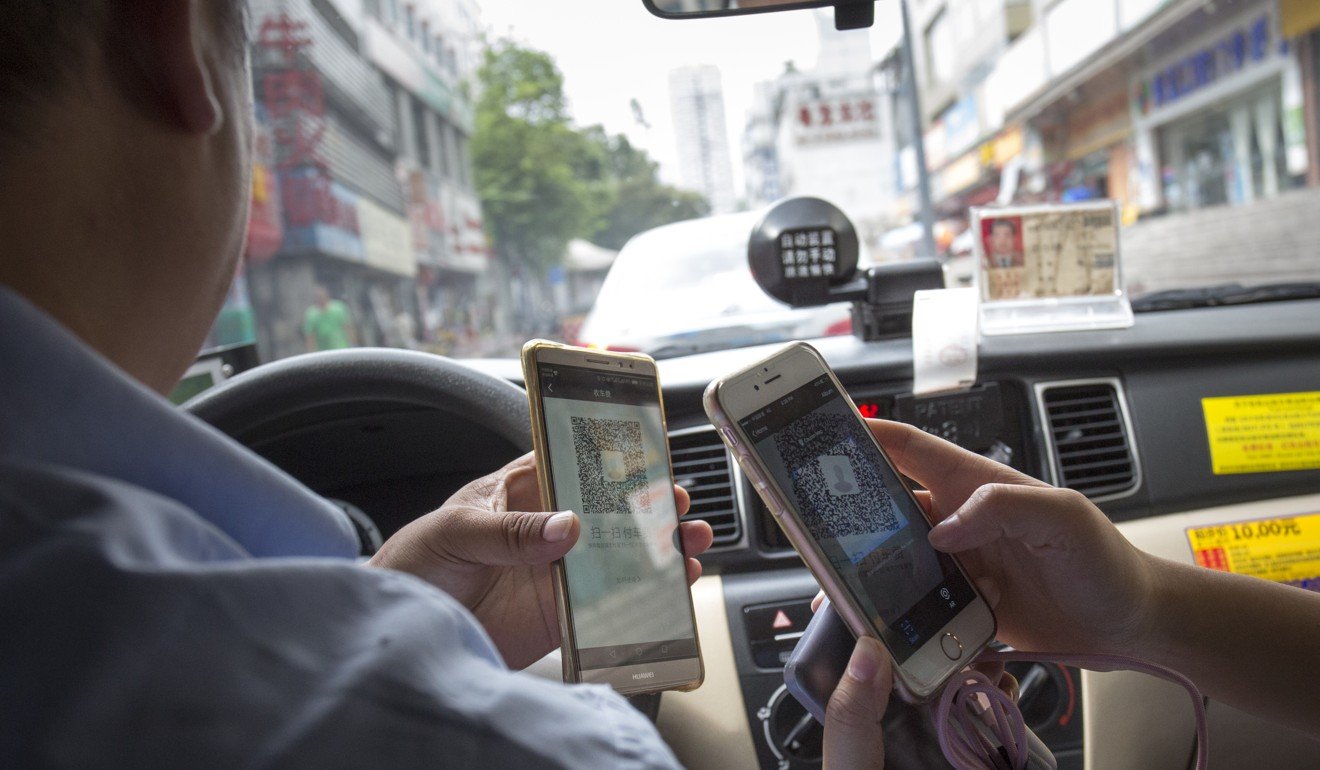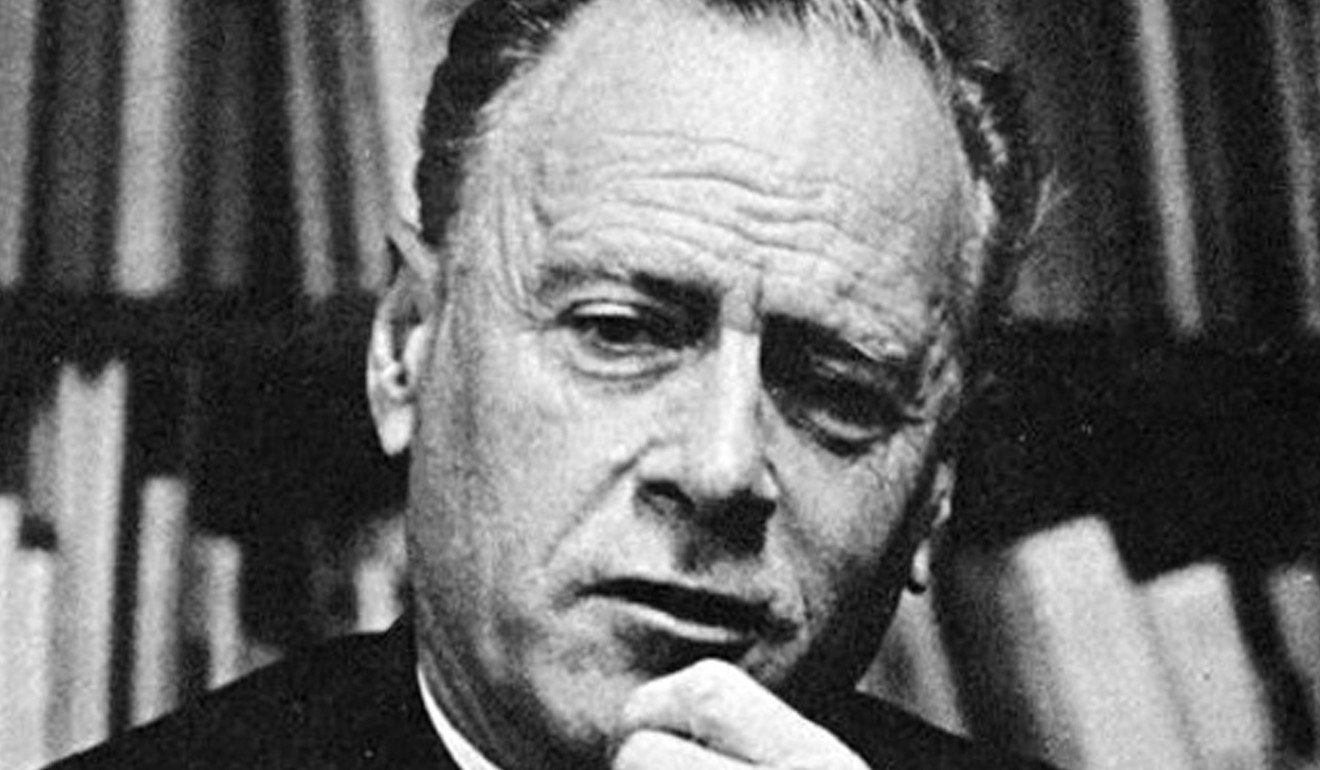Cashless society will destroy our privacy and freedom
Big data is quickly moving us into a world in which a person’s purchasing power is determined by his demographics and behavior on the Internet.

The real threat of technology is already coming. No, she was not shown in Ridley Scott’s Blade Runner dystopia. Big data coming from online commerce, especially in China, is rapidly moving us into a world in which a person’s purchasing power and value to a consumer system can be determined by its demographics, behavior on the Internet, and previous elections.
Imagine that a set of data about you, and not your money, authoritatively determines what you can and cannot own now and in the future. This is similar to Philip Dick's science fiction story, in which factories intuitively deliver goods and services to your home in such a way that you don’t even need to press buttons in an online store.
However, forcing Hong Kong residents to submit to the onset of a cashless economy or digital currency will not be as easy as government regulators and technologists believe. Hong Kong people have always jealously guarded their personal lives, and especially their personal business affairs. Long before China became the economic center, when Hong Kong was the center of Chinese capitalism, they formed a distinct culture of secret cash transactions.
Residents of the mainland [ mainlanders, as the Chinese call the people of Hong Kong - approx. trans. ] have already accepted digital, non-cash payments, but all the time it seems to me that they trustingly and naively changed privacy for convenience. Smartphones allow unparalleled data collection.
But the inhabitants of the continent experienced and lived under the rule of a one-party system, in an authoritarian state. Private life has never been important in their daily life or culture. The people have never engaged in self-government, since only party members can vote for party leaders.

You cannot imagine the work of mobile payments in China until you try it yourself. I bought at a grocery store in Guangzhou, and the cashier was already holding a scanner, ready to read my QR code. When I told her that I was paying in cash, she was surprised that someone else was using bills and coins. Some stores in China already have signs saying we don’t accept cash.
But there is another, ominous and deep motive in order to force people to give up cash. Non-cash economy allows the government to fully control your money in the bank. The government can introduce a negative interest rate, as in Japan, and thus receive money from the accounts without any problems.
Most people do not know that an ordinary person has no constitutional, legal or just case law to open a bank account or use banking services. My inbox is harassed by complaints from former HSBC clients whose accounts have been closed after they have been in business with them for decades. The only explanations for them were deadpan legal letters from the bank.
In modern society, it is almost impossible to exist and function without a bank account or credit card. But in a cashless community, you are completely financially rejected - left to the mercy of fate, as a non-citizen without a person.
So the bankruptcy of the bank due to the panic withdrawal of a large amount of money, as it happened with the Chinese bank Linshan in August , will never happen in a cashless society, since there will be no money in the banks. Inexperienced inhabitants of the continent will get this kind of knowledge in a tough way, when, during the first financial crisis for them, they will not be able to extract their savings from the system.
Americans believe that the only true defense of your personal freedom in modern society lies in the possession of cash and weapons (despite the recent massacre in Las Vegas ). As with most varieties of freedom, you realize that you lost only when you take it away from you.
In Hong Kong, not so long ago, at the cashiers' windows, you could see clients depositing money in their bags with bags containing thousand dollar bills. The depositor patiently waited while the cashier fed packs of dollars to a counting machine that crackled like a machine gun.

I remember how many years ago I visited the Jockey Club on the night of horse racing, and my companion put a suitcase of money on his account. He drank his brandy while the money was counting. I asked if he wanted to follow the cashier. He replied: “This is the Jockey Club. You can always trust them. ” This was the level of social trust in Hong Kong, which is necessary for a cash economy.
Hong Kong residents zealously defended their right to use cash and to make a profit. 1997 came, and 20 years later, the idea of Hong Kong’s eternal and non-changing order no longer seems so real. Especially when the government wants to recklessly follow the Chinese trend of mobile payments.
Such a futuristic world is supposed to set people free. But he, in fact, eliminates privacy, free will and just freedom. As Marshall McLuhan said [ Canadian philosopher, philologist and literary critic, researcher of the influence of communication media on people, author of the concept of " global village " - approx. trans. ] about the global village of big data: "The more data banks record data about each of us, the less we exist."
Peter Guy - Journalist, Financial Specialist, Former International Banker
All Articles